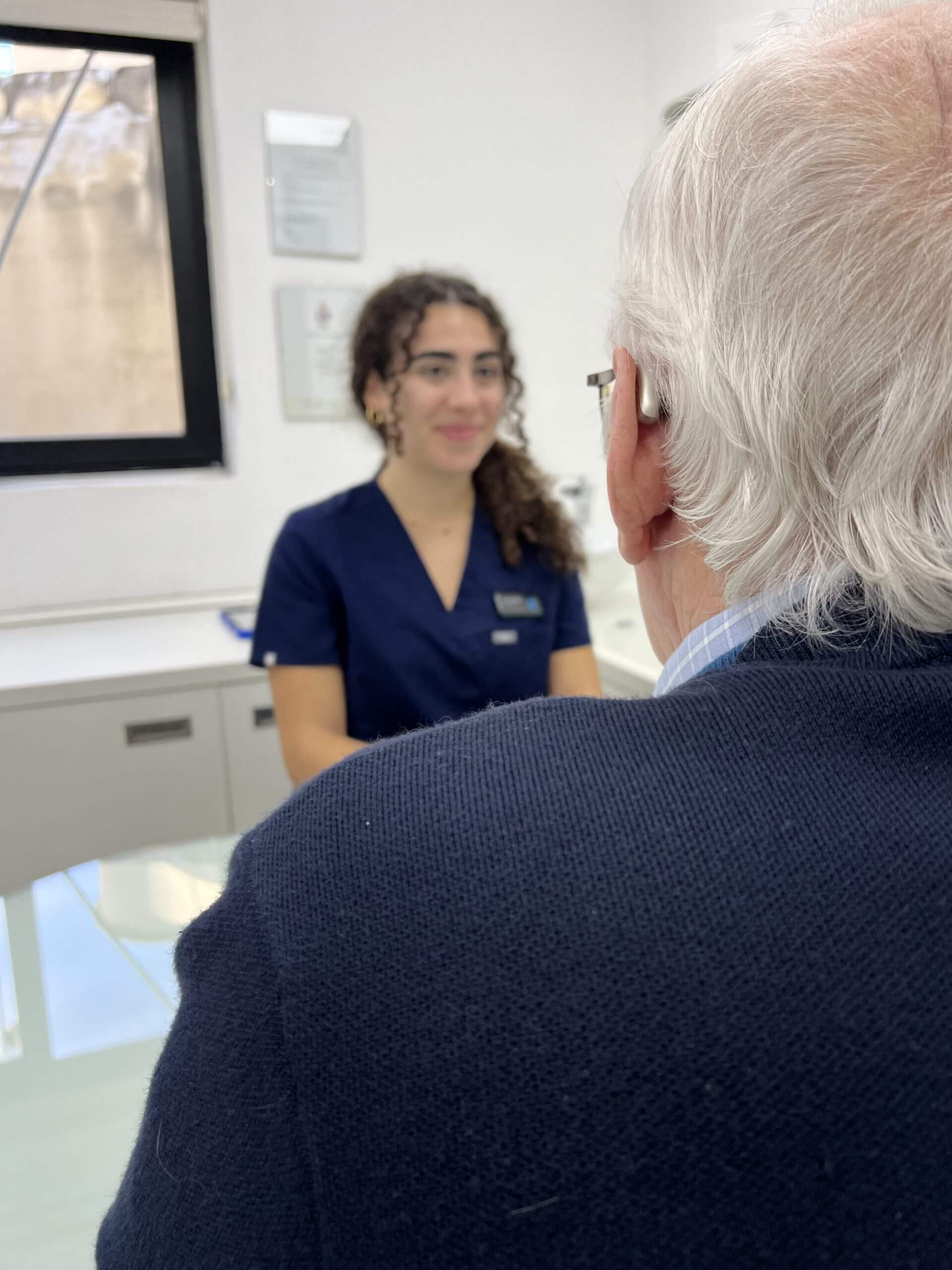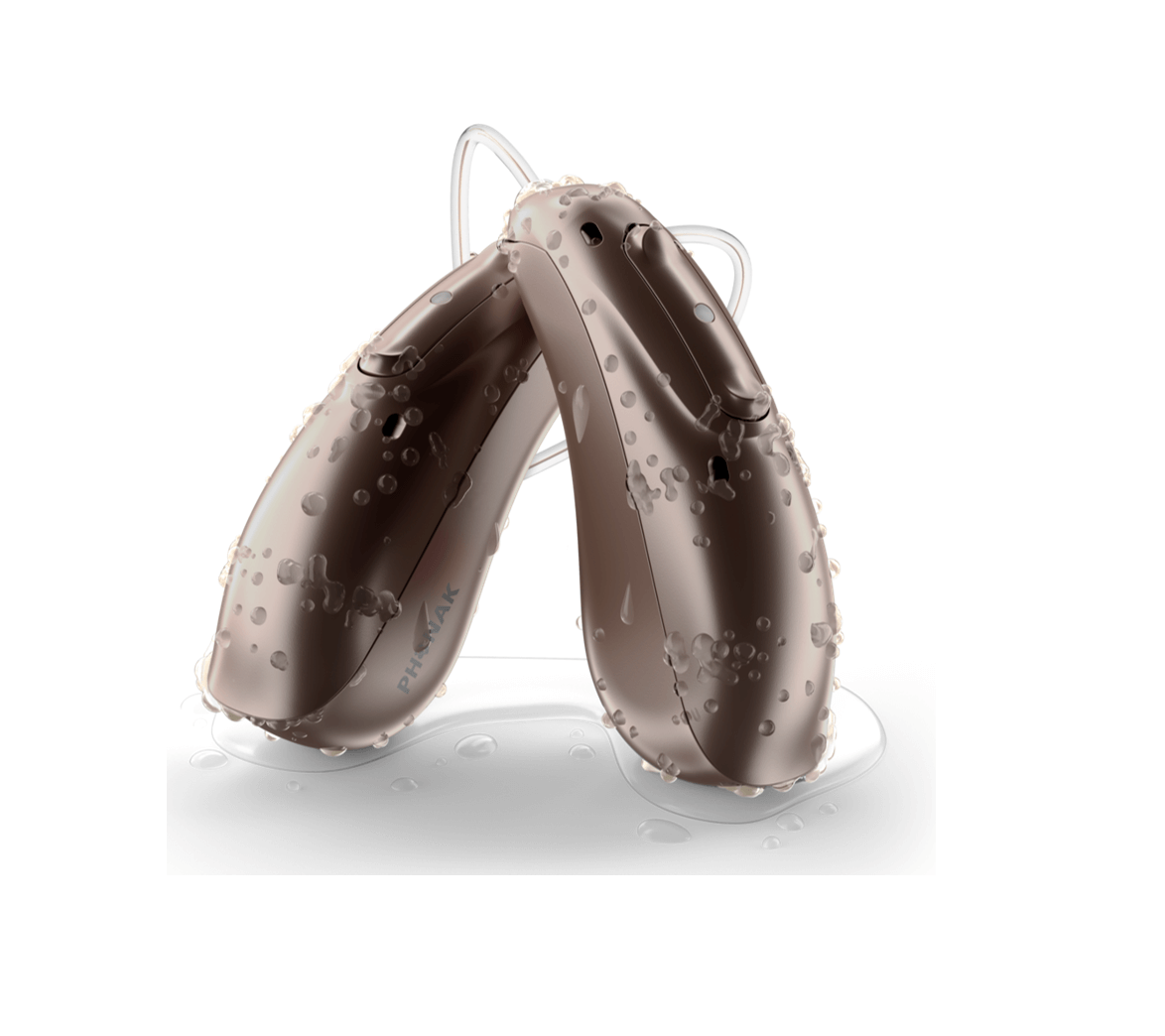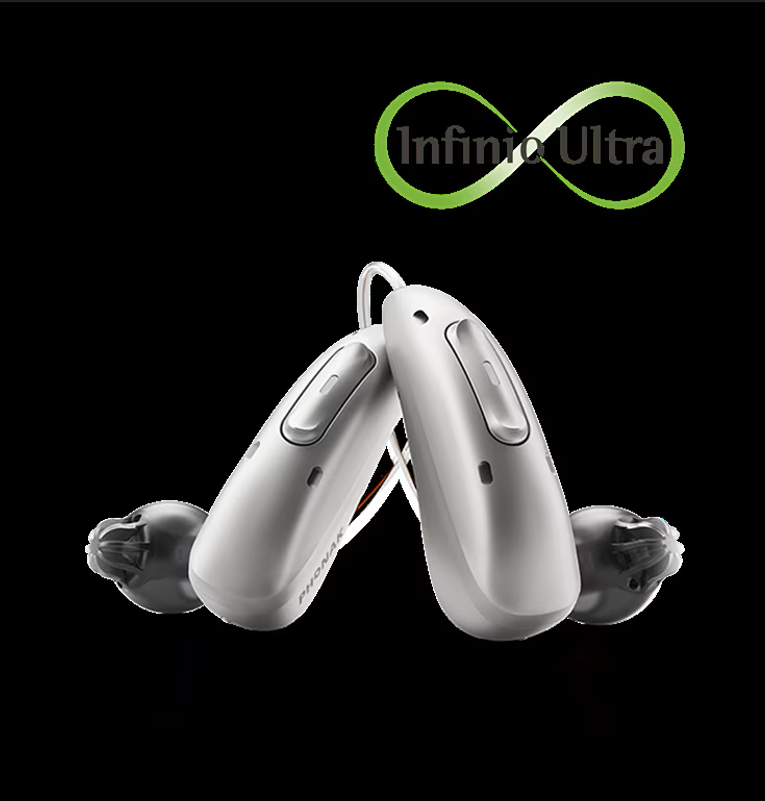
How to address your hearing loss
On average, it takes a person around 10 years to finally accept a hearing loss. That is not to say
Taking your hearing aids on holiday can be tricky to navigate as they do not react well to moisture. Water damage, and specifically salt water damage, could permanently damage your hearing aids meaning you’d have to replace them. Water damage is usually not covered under any warranties so it really is important for you to keep them water free. If you are wearing them, and even only plan to paddle in the sea, we really do urge you to remove your hearing aids before entering the water. It is not worth the damage that could occur to them.
If you’ve travelled to warmer climates, you may suffer with moisture due to the humidity. Unfortunately, humidity can often have the same effect as water on hearing aids so if you’re heading to a humid place, you should be careful to take time to fully dry your aids and give them a rest from the moisture. You can do this by wiping them with a dry, dust-free cloth and any excess dust / moisture will be removed. You should do this each evening before bed and you can leave the battery door open (unless you have rechargeable aids) overnight to give any moisture a change to dry out. There are various dehumidifying cases you can purchase, electric and non-electric, which will fully dry out your hearing aids.
More recently, there have been new releases of hearing aids which are waterproof. The Phonak Lumity Life range are waterproof up to half a metre of water. If you’re looking for that additional level of water damage protection, then this may be the model for you.

Phonak’s new Lumity Life waterproof hearing aids
The short answer is no! We all love strolling across the beach and feeling the sand in between our toes. It really is the perfect Summer activity. Our advice would be to remove your hearing aids and pack them away before stepping foot on the beach. However, we can understand that some people do rely very heavily on their hearing aids and do not wish to remove them.
In this instance, we would always advise that you wash your hands well before handling your hearing aids again. You must ensure any sand is washed from your hands before touching them. Sand can block hearing aids in much the same way that ear wax does. If you don’t wish to remove your hearing aids before visiting the beach, we advise steering clear on windy days. On these days, the sand can get whipped up and still enter your hearing aids.
Going through the scanners at security can be a daunting process. Hearing aids are a tricky one to figure out considering they do have metal in and they are tiny devices. However, there is so little metal in them that they really shouldn’t set off the scanner. To be on the safe side, you should mention to the security team that you are wearing them. The good news, however, is that you do not need to remove them.

If you’re jetting off on a plane this holiday season, you need to know when and where you can use your hearing aids at the airport.
It’s worth knowing that most airports have T-loops now meaning you can connect your hearing aids to them if they are compatible. This will be helpful at passport control, security and check in for those with hearing aids. If you are worried about missing an announcement over the tannoy, simply speak to someone in customer relations. Most airports have accessibility programs meaning you don’t have to miss out. You can also check the screens in the departure lounges for information relating to your gate announcement.
Taking your loved one to their appointments and just being there for any emotional support they need throughout their hearing loss journey will be so very helpful. If you think someone you love is ready to have their hearing tested, please give us a call.
Once you are on the plane, you can keep your hearing aids switched on. If you have Bluetooth enabled aids, you must ensure they are put into flight mode. We all know how loud a plane’s engine is so some people turn the volume down on their aids to account for this. If you do this, ensure that either the flight attendant or the person you’re traveling with knows you have done this. This is in case there is an emergency and you cannot hear the safety instructions clearly.
We hope our advice helps you to have a stress-free and enjoyable holiday! If there is anything else you are unsure of when taking your hearing aids on holiday, please don’t hesitate to get in touch.
[html_block id=”3745″]

On average, it takes a person around 10 years to finally accept a hearing loss. That is not to say

Living with a hearing loss does not just have to be a part of getting older. It can be treated

At the very end of 2024, Phonak released their brand new Infinio hearing aid technology. At the end of 2025,